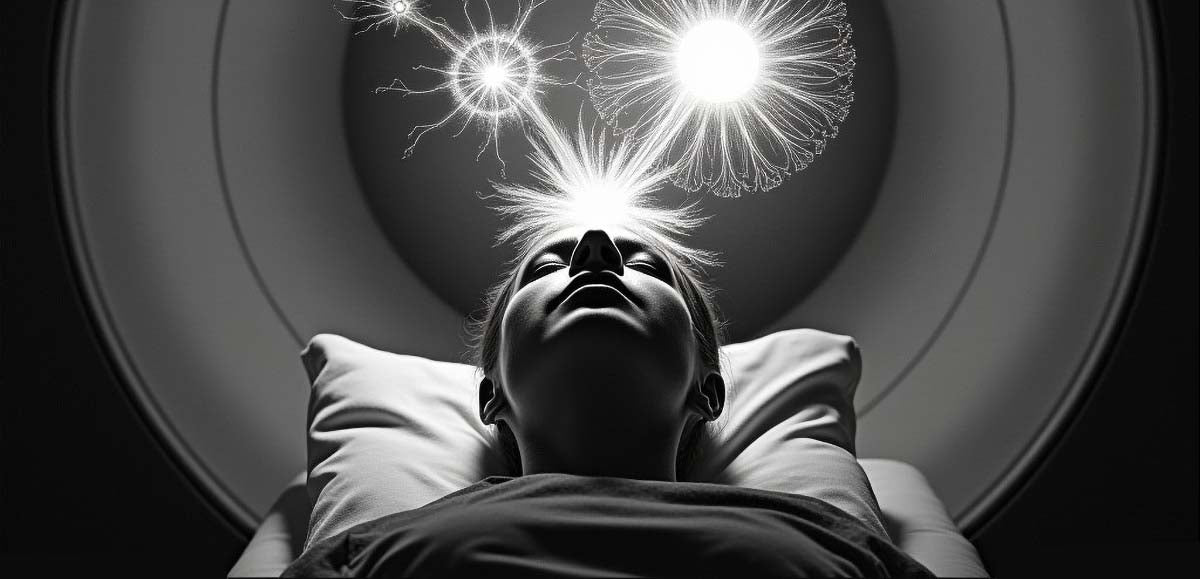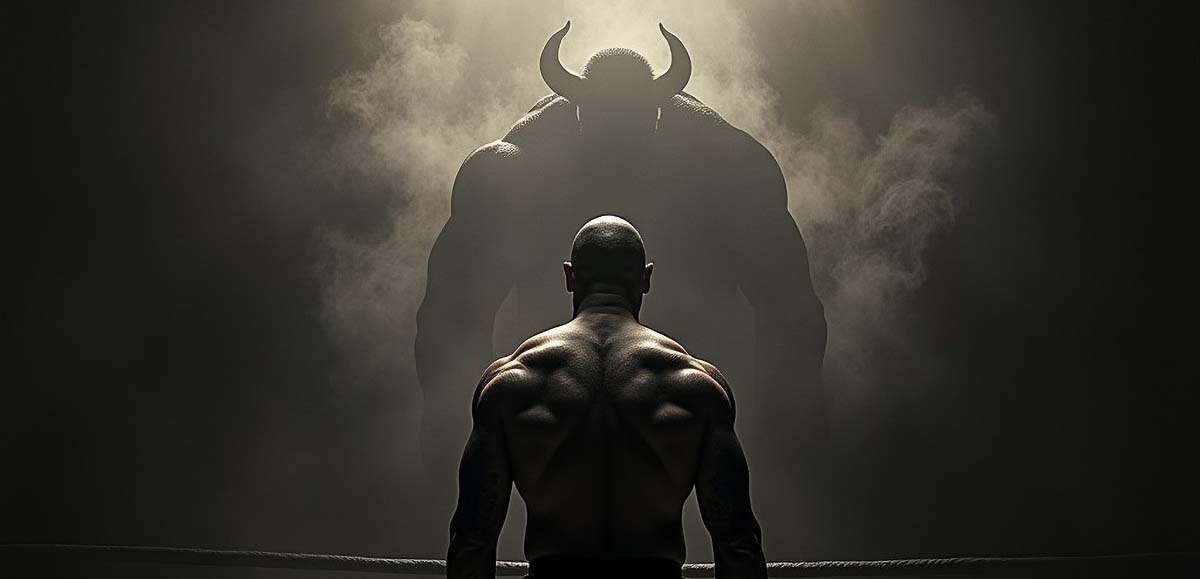Your Cart is Empty
Buy Any 4 Items, Get 15% Off Your Order!
Buy Any 4 Items, Get 15% Off Your Order!
The Stoned Ape Theory: Did Psychedelics Give Humans the Ultimate Edge in Evolution?
August 15, 2024

The Stoned Ape Theory has gained notoriety in recent years, in large part due to its promotion by popular podcast host Joe Rogan. Rogan is a strong advocate of the theory and has devoted many of his podcast episodes to discussing and exploring the concept.

In addition to Joe Rogan, other notable supporters of the Stoned Ape Theory include Terence McKenna, the original proponent of the theory, and author Michael Pollan, who explores the topic in his book "How to Change Your Mind: What the New Science of Psychedelics Teaches Us About Consciousness, Dying, Addiction, Depression, and Transcendence."
McKenna argues that the use of psychedelics allowed early humans to evolve beyond their animal instincts and access higher states of consciousness. Pollan, on the other hand, asserts that the use of psychedelics has the potential to unlock latent potential in the human brain, allowing for greater creativity and problem-solving abilities.
The theory argues that early humans who consumed these mushrooms would have experienced a profound alteration in their perception and cognition. This, in turn, would have led to an increase in problem-solving ability, creativity, and overall intelligence. Over time, these cognitive enhancements would have given these early humans a survival advantage and allowed them to thrive.
Furthermore, the theory suggests that the use of psychedelics had a profound impact on the evolution of human culture and religion. The intense and profound experiences that early humans had while under the influence of psilocybin would have been interpreted as spiritual or religious experiences. These experiences would have given rise to the earliest religious practices and beliefs, which would have been passed down from generation to generation.

In support of this theory, it does seem that using psychedelic medicine makes people smarter. One of the leading figures in this area of research is Dr. Charles Grob from UCLA. Back in the early '90s, Grob and his colleagues studied a group of regular ayahuasca psychonauts in Brazil and were astonished to find that these folks had significantly enhanced neuropsychological functions compared to a control group who didn't drink the brew.
Dr. Jose Carlos Bouso and his colleagues from Brazil concluded that regular users of ayahuasca appear to have accelerated neuropsychological functioning. They studied the effects of ayahuasca on the brains and behaviors of those who ingest it. Concurrently, Dr. Rafael dos Santos from Brazil and his associates took a more literature-based approach and reviewed 28 articles on the subject. They found that regular ayahuasca users have a thicker anterior cingulate cortex — a part of the brain that is central to many important cognitive functions.
While the Stoned Ape Theory is an intriguing concept, it is important to note that it is not (yet) widely accepted by the scientific community. However, some researchers have pointed to the potential therapeutic benefits of psychedelics, including increased creativity and improved problem-solving skills, as evidence that supports the theory. The Stoned Ape Theory continues to generate discussion and debate. Some proponents assert that psychedelics may have played a role in the development of language, art, and other cultural expressions. Others suggest that the use of psychedelics may have contributed to the development of human consciousness and spirituality.
The Stoned Ape Theory continues to generate discussion and debate. Some proponents assert that psychedelics may have played a role in the development of language, art, and other cultural expressions. Others suggest that the use of psychedelics may have contributed to the development of human consciousness and spirituality.
Leave a comment
Comments will be approved before showing up.
Also in Sacred Surreal Blog
newsletter signup
Be the first to know about upcoming sales and promos. Get a 10% discount coupon when you subscribe!
Subscribe
Sign up to get the latest on sales, new releases and more …

Storewide Sale!
Buy any 4 items and get 15% off your total order! For a limited time only.



